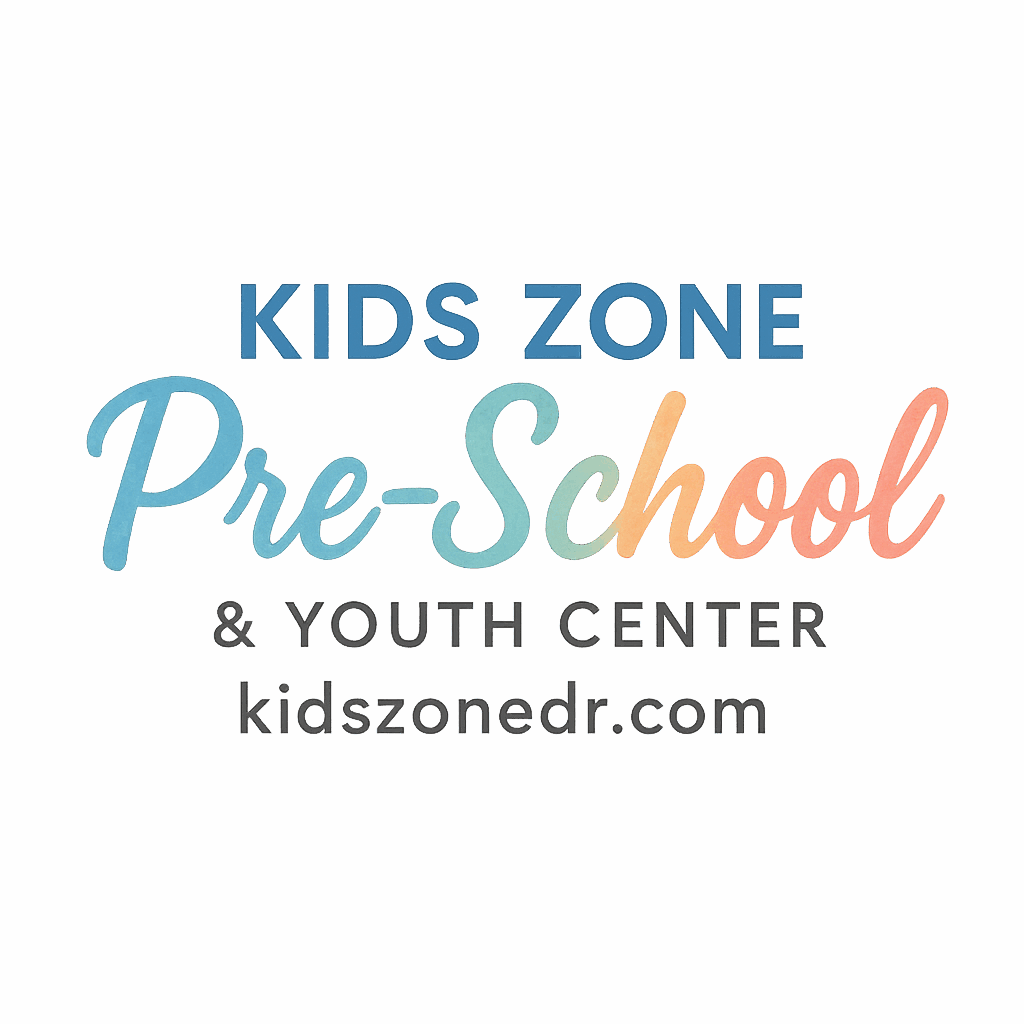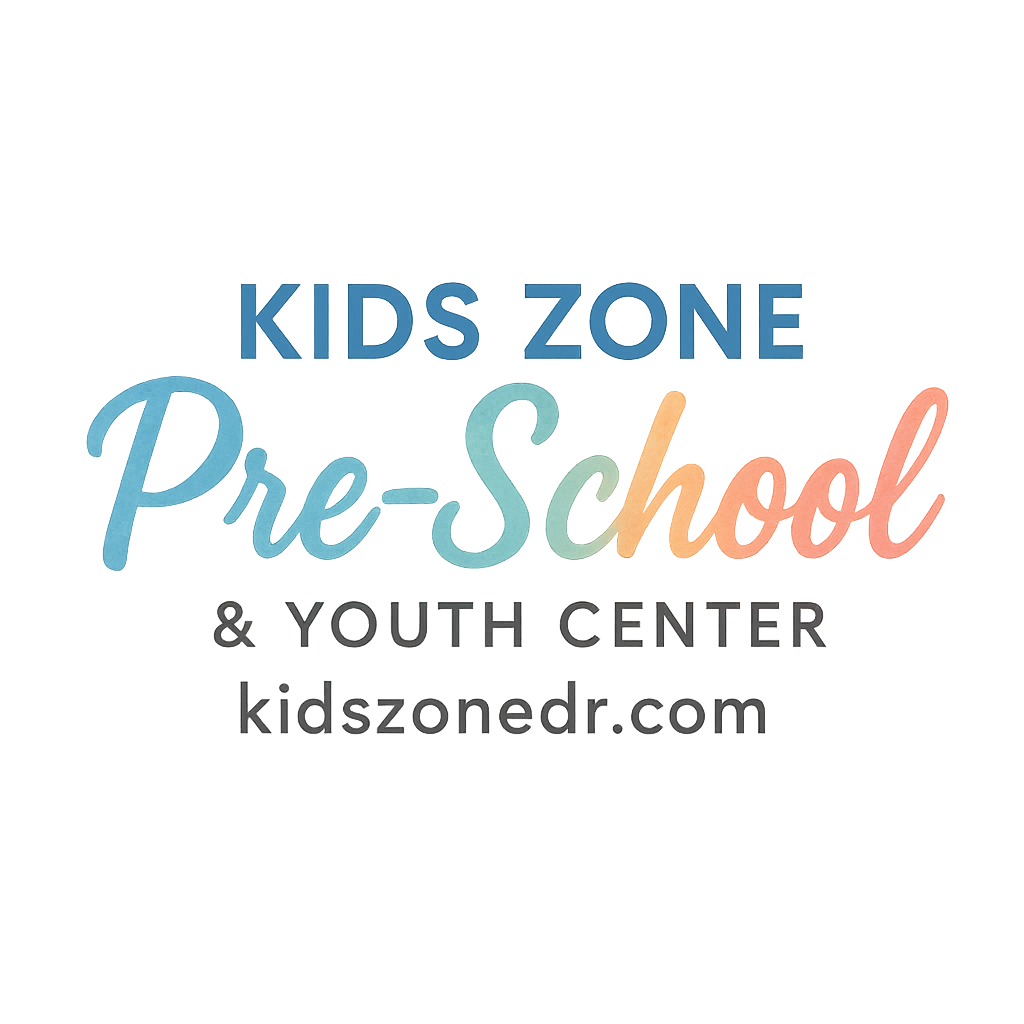Introduction: Why Tools Matter in Early Childhood
When it comes to raising preschoolers, every parent wants to give their child the best start in life. But let’s be real—it can feel overwhelming to juggle routines, health, learning, and emotions. That’s where the right preschool and youth center tools come in. These aren’t just fancy gadgets or apps; they’re practical, everyday helpers that make parenting smoother and more effective.
Whether it’s an app that keeps you updated on classroom activities, a planner that keeps your mornings chaos-free, or a kit that helps you manage health and safety at school, having the right tools is like carrying a parenting survival kit. In this article, we’ll break down 9 preschool and youth center tools every parent should have, and I promise—they’ll change the way you support your child’s growth and learning journey.
Tool #1: Communication Apps for Parents and Teachers
Benefits of Communication Apps
Imagine dropping your child off at preschool and not wondering all day what they’re doing. Communication apps bridge that gap by allowing teachers and parents to stay connected. You’ll receive updates, photos, and messages about daily activities, which means you’re never out of the loop.
It’s like having a window into your child’s classroom—without peeking through the door. Plus, communication apps make it easy to address concerns quickly, set up meetings, and celebrate milestones together.
How to Choose the Right App
Look for apps that are user-friendly, secure, and tailored for schools. Features to check include:
- Daily activity updates
- Messaging systems
- Progress tracking
- Event reminders
Many preschools now recommend platforms that make involvement effortless. If you want to dive deeper into how communication strengthens learning, check out this guide on parental guidance and involvement.
Tool #2: Daily Routine Planners
Building Consistency with Routines
Children thrive on structure. Having a daily routine planner helps kids know what to expect and creates smoother mornings and calmer evenings. When both parents and preschools align on schedules, it builds consistency that boosts emotional security.
Think of it like giving your child a roadmap for the day—it reduces meltdowns and builds confidence.
Preschool Routine Examples
A good routine planner might include:
- Wake-up and breakfast time
- School drop-off and pick-up reminders
- Nap or quiet time slots
- Learning activities
- Play and creative time
Parents can explore detailed examples of routines on daily schedules and activities.
Tool #3: Health & Safety Kits
First Aid Essentials for Young Children
Accidents happen—whether it’s a scraped knee or a sudden fever. A first aid kit is non-negotiable for both preschools and parents. Essentials include:
- Bandages
- Thermometers
- Child-safe antiseptic wipes
- Fever-reducing medication (as approved by doctors)
Hygiene Tools Every Preschool Needs
Beyond first aid, hygiene tools keep germs at bay. Items like hand sanitizers, tissue boxes, and disinfectant sprays are must-haves, especially in group settings. To learn more about maintaining wellness, see health and safety in preschool.
Tool #4: Learning & Development Resources
Educational Games and Books
Learning shouldn’t feel like a chore. Games, storybooks, and puzzles help children build literacy, numeracy, and problem-solving skills in fun ways.
For example, a simple matching game boosts memory, while storytime builds imagination and vocabulary.
Digital Learning Platforms
The right digital platforms can support early learning through interactive lessons. Just make sure they’re age-appropriate and balance screen time with hands-on activities. Explore more about preschool learning and development.

Tool #5: Parental Involvement Platforms
Why Parent Involvement Matters
Research shows kids perform better when parents are actively involved. These platforms make collaboration easier—whether through volunteering opportunities, digital classrooms, or shared activity logs.
Ways to Use Tools for Engagement
You can:
- Participate in virtual parent-teacher meetings
- Join activity forums
- Track learning progress together
More tips can be found in parental involvement resources.
Tool #6: Nutrition & Healthy Eating Trackers
Supporting Healthy Habits at Home and School
Healthy eating in preschool years lays the foundation for lifelong habits. A nutrition tracker helps monitor meals, snacks, and hydration.
Tools That Encourage Good Eating
Apps and journals designed for kids make nutrition fun by letting them “check off” fruits, veggies, and water intake. Learn more at healthy eating tips for preschoolers.
Tool #7: Emotional & Confidence-Building Activities
Confidence Tools for Preschoolers
Confidence grows when children feel capable. Activities like role-play, show-and-tell, and storytelling help them speak up and shine.
Emotional Growth Resources
Tools like emotion flashcards or mood charts let kids express feelings before they have the words. Check out insights on building confidence.
Tool #8: Progress Tracking Systems
Monitoring Milestones
Progress trackers let teachers and parents follow a child’s growth—academically, socially, and emotionally. From learning ABCs to tying shoelaces, every milestone matters.
Sharing Growth with Parents
Digital portfolios and milestone trackers make it easy to share updates with families, keeping everyone in sync. For more details, visit child growth and milestones.
Tool #9: Creative & Artistic Tools
Arts and Crafts Kits
Creativity boosts problem-solving and self-expression. Having a ready stash of crayons, paints, and crafting materials helps children explore freely.
Music and Movement Resources
Simple instruments, playlists, or movement cards get kids active and engaged while developing rhythm and coordination.
Choosing the Right Tools for Your Child
With so many options, how do you know which tools are best? The key is balance—choose tools that support health, learning, creativity, and emotional well-being without overwhelming your child (or yourself).
Look for tools that align with your family’s values, your child’s personality, and the preschool’s structure. For guidance, see choosing the right preschool.
Conclusion: Equipping Parents for Preschool Success
Raising a preschooler isn’t just about making it through the day—it’s about building habits, skills, and confidence that last a lifetime. The right tools can make this journey smoother, more joyful, and less stressful for both parents and children.
From communication apps to creative kits, each of these 9 preschool and youth center tools adds value to your child’s early learning experience. Think of them as building blocks—together, they create a strong foundation for growth, wellness, and happiness.
FAQs
1. What is the most important preschool tool for parents?
The most important tool varies, but communication apps are often the most impactful since they keep parents and teachers aligned.
2. Are daily routine planners really necessary?
Yes! They create consistency, reduce stress, and help children feel secure in their daily lives.
3. How do I know which progress tracking system is reliable?
Look for systems recommended by your preschool or trusted educational resources with milestone tracking features.
4. Can digital learning platforms replace books and toys?
No—they should complement, not replace, hands-on learning experiences like storytelling and play.
5. Do all preschools use nutrition trackers?
Not all, but parents can use them at home to reinforce healthy eating habits.
6. How can I encourage emotional growth at home?
Use tools like mood charts, storytelling, and role-play to help children express feelings.
7. Where can I learn more about preschool growth and routines?
You can explore resources on Kids Zone and their sections on daily routines, child development, and wellness.


